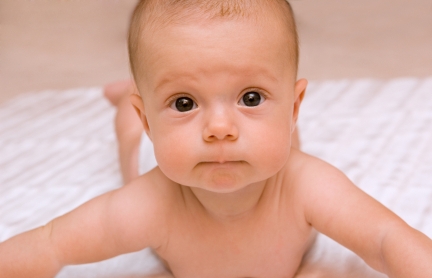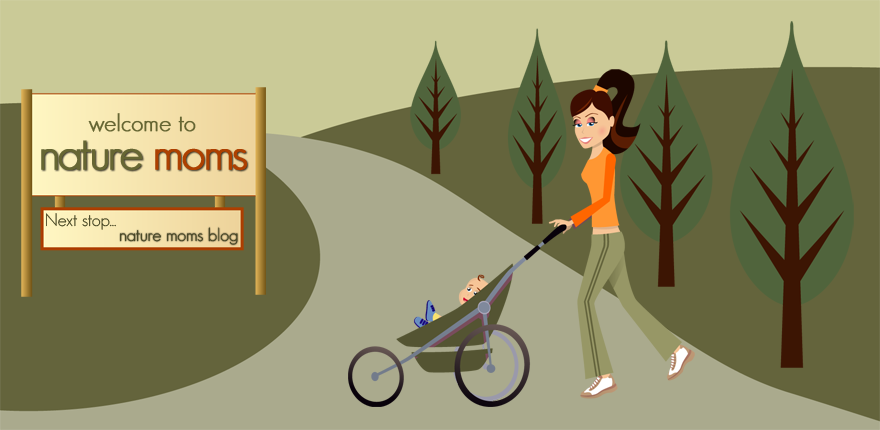Organic Baby Food
Many parents see organic baby food in health food
stores or regular grocery aisles and simply pass it by. You probably
think “I grew up on regular baby food and I’m fine”. Think about it
this way, do you lock up your cleaning supplies and gardening chemicals, or is your
baby allowed to eat and drink from them? Okay perhaps it’s not an
equal comparison, after all there are only small amounts of toxic
chemicals from pesticides and fertilizers in traditional baby food
but do you really want to take the risk? Natural moms say NO.
Many
people believe that chemicals just wash away through our system and
don’t stay around, but they’re actually absorbed into the body and
accumulate. Kids who eat regular baby foods have been found to have
noticeable levels of pesticides and fertilizers that disappear when
they’re switched to organic food. While the effects of these
chemicals haven’t been 100% proven to harm children, it is suggested
that they could damage internal organs and even change cellular
structure. Many of them are suspected to be carcinogens. Even if these effects haven’t been proven, is that a
chance you want to take with your child? Again, natural moms say NO.
Now, you may or may not notice the change to your system when you
switch to organic food, but the change will be more noticeable for
your child. Babies are not only using their food to survive, they’re
using it to grow. Babies and children eat much more food per pound
of body weight compared to adults. They also process it differently.
Some studies have found that pesticides and other chemicals can
affect children as much as ten times more than they affect adults.
You may notice that the price tags on organic baby
food are a little bit higher than on regular baby food. There are
some ways to reduce the cost without risking the health of your
child. Certain traditionally grown foods are still very low in
pesticide levels and are safe for your baby. These include bananas,
broccoli, mangos, papaya, pineapple, and sweet peas. You should
switch to organic for high pesticide level foods such as apples,
strawberries, peaches, pears, and spinach. Another way to cut back
costs is to make your own baby food. That way, you can buy or grow
organic vegetables and be sure of what exactly is going into your
baby’s food. Do a search for homemade organic baby food online and
you’ll find thousands of great recipes your child is bound to love.
Also, think about buying more expensive organic food as an
investment in your child's health. No matter what the cost isn't
that a wise investment?
foods are still very low in
pesticide levels and are safe for your baby. These include bananas,
broccoli, mangos, papaya, pineapple, and sweet peas. You should
switch to organic for high pesticide level foods such as apples,
strawberries, peaches, pears, and spinach. Another way to cut back
costs is to make your own baby food. That way, you can buy or grow
organic vegetables and be sure of what exactly is going into your
baby’s food. Do a search for homemade organic baby food online and
you’ll find thousands of great recipes your child is bound to love.
Also, think about buying more expensive organic food as an
investment in your child's health. No matter what the cost isn't
that a wise investment?
In our modern day society full of sick or obese children, it’s a
good idea to get your child to start eating right as early as
possible. The best way to do that is by giving them organic baby
food. That way you know your child is getting all the benefits of
the fruits and vegetables without any of the hidden dangers of
pesticides. If that’s not enough for you, remember that buying and
eating organics also helps protect the environment to ensure it’s
healthy when your child is grown.
Related Link:
Make Your Own
Baby Food &
BPA Free Plates, Cups, Bowls, and Utensils
Raw Baby Food Recipes
Buy Organic Baby Food!

